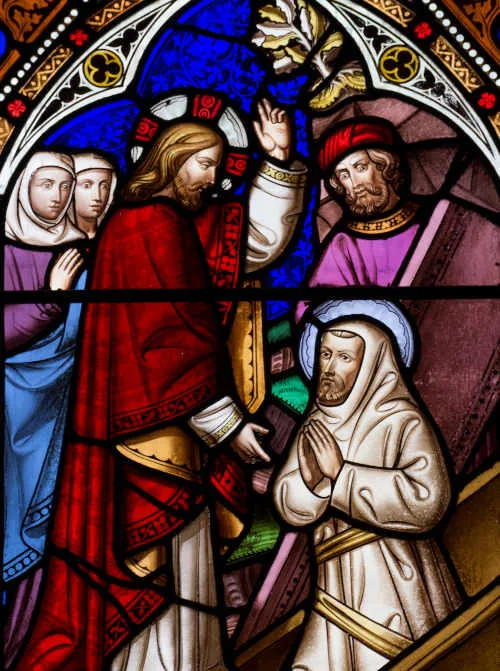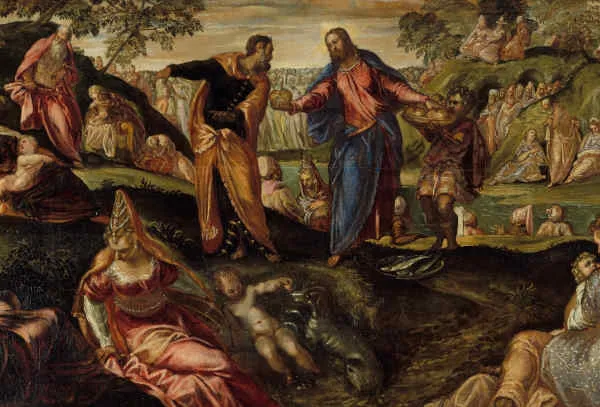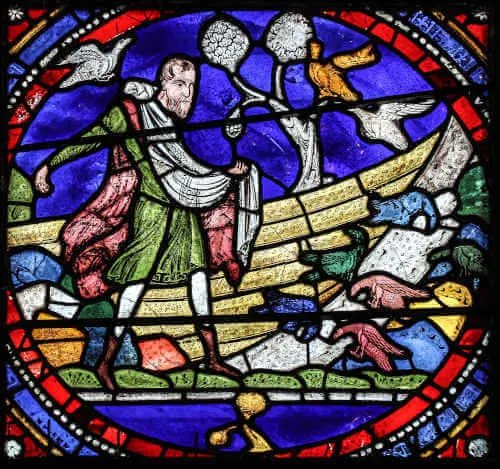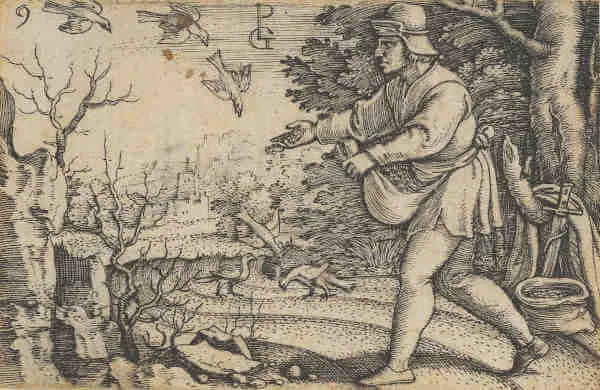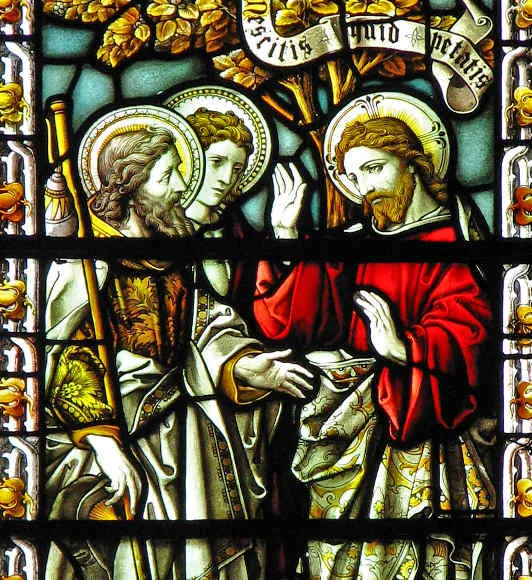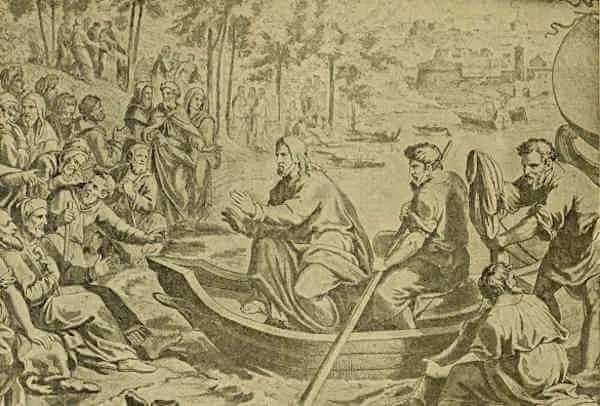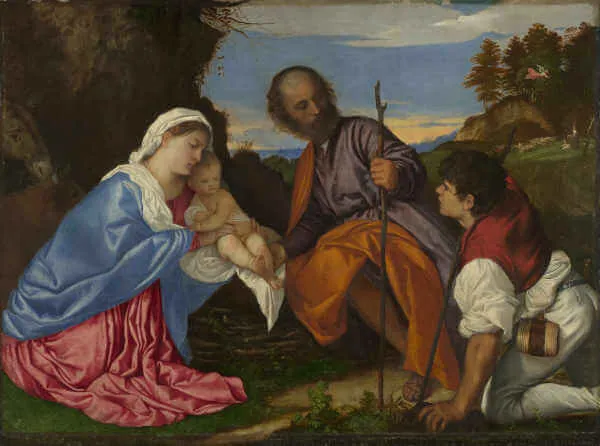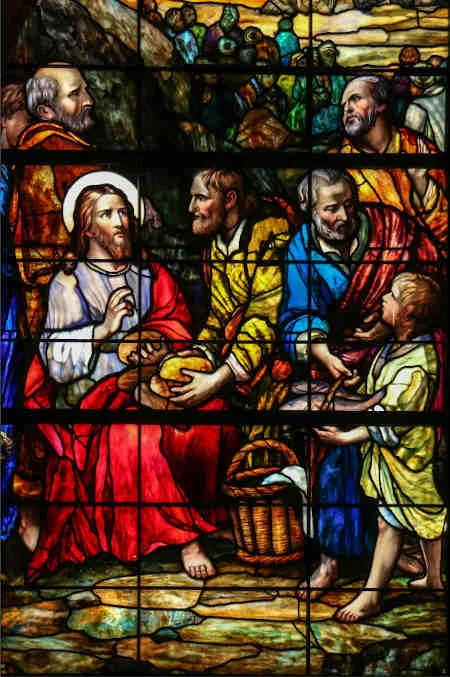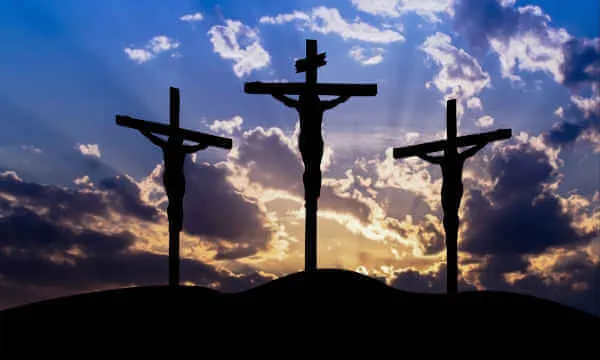John 11:19-22
A Holy and Imperfect Family
Many of the Jews had come to Martha and Mary to comfort them about their brother [Lazarus, who had died]. When Martha heard that Jesus was coming, she went to meet him; but Mary sat at home. Martha said to Jesus, “Lord, if you had been here, my brother would not have died. But even now I know that whatever you ask of God, God will give you.”
Reflection:
Today’s memorial is relatively new within our Church. In the year 2021, Pope Francis replaced the Memorial of Saint Martha with this memorial in honor of all three siblings: Martha, Mary and Lazarus. In commenting on the reason for this new memorial, the Congregation for Divine Worship stated: “Martha generously offered him hospitality, Mary listened attentively to his words, and Lazarus promptly emerged from the tomb at the command of the One who humiliated death.” Furthermore, these three siblings gave an evangelical witness to us all. They model for us how to be Christians within our imperfections. They did this by welcoming Jesus into their home, by listening to Him attentively, and by believing that He is the Resurrection and the Life.
These three siblings each had their own unique personality and loved Jesus in their own way. Though not much is said about Lazarus’ personal interactions with Jesus, we do have some helpful insights into both Martha and Mary. In one Gospel story, Martha complained to Jesus that her sister left her to do all the cooking. Jesus gently corrected her. Mary, on the other hand, gave a witness of deep prayer and love of Jesus by sitting at His feet listening to Him. However, in the story of the raising of Lazarus from the dead, there is a reversal of roles. Martha is the one who runs out to meet Jesus and expresses her deep faith in Him. Mary, on the other hand, heard that Jesus was coming and appeared to stay at home because she was upset.
Perhaps the most helpful way to ponder these siblings is to acknowledge two things. First, they are now saints in Heaven enjoying eternal beatitude and glory. Second, on earth they were people of faith and love, but they were also very clearly imperfect. Therefore, the witness they give to us should be twofold. We hope to share in the glory in which they now share, and we trust this will happen if we also befriend our Lord and welcome Him into our homes, imperfect though we may be.
Reflect, today, upon this holy but imperfect family. The imperfections and manifest weaknesses of these three siblings should encourage us to press on in our practice of the faith when things are not perfect in our lives either. There are many reasons why we might get discouraged or feel like doubting or giving up at times. Perhaps things are not perfect within the Church—or at the particular church you attend. Perhaps you are struggling with loving someone in your family. Perhaps you are struggling with an emotional issue. Perhaps there is some sin you seem to be incapable of overcoming. Perhaps you struggle with a physical ailment and wonder why God permitted it to happen. If you are able to relate to any of these, or any other forms of imperfection, then take inspiration from this family of Martha, Mary and Lazarus. Invite Jesus into the home of your heart, your family home and everywhere you go. He will come, gently correct you when needed, and give you the gift of new life, raising you up from your sins and weaknesses.
Source: https://catholic-daily-reflections.com/2024/07/28/a-holy-and-imperfect-family-2/


